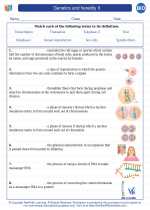Ecological Impact
Ecological impact refers to the effect that human activities have on the environment and the ecosystems within it. These impacts can be both positive and negative, and they can occur at various levels of organization, from individual organisms to entire ecosystems. Understanding ecological impact is crucial for making informed decisions about environmental conservation and sustainability.
Factors Contributing to Ecological Impact
Several factors contribute to ecological impact, including:
- Population Growth: As human populations grow, the demand for natural resources increases, leading to habitat destruction, pollution, and other negative impacts on ecosystems.
- Resource Use: The extraction and use of natural resources, such as water, fossil fuels, and timber, can disrupt ecosystems and lead to environmental degradation.
- Pollution: The release of pollutants into the air, water, and soil can harm organisms, disrupt food chains, and degrade habitats.
- Climate Change: Human activities, such as burning fossil fuels and deforestation, contribute to changes in global climate patterns, which can have widespread ecological impacts.
- Introduction of Invasive Species: Human activities, such as global trade and travel, can lead to the introduction of non-native species into new environments, where they can outcompete native species and disrupt ecosystem dynamics.
Assessing Ecological Impact
Ecological impact assessments are conducted to evaluate the potential effects of human activities on the environment. These assessments involve identifying potential impacts, predicting the consequences of those impacts, and developing strategies to mitigate or minimize negative effects.
Minimizing Ecological Impact
There are several strategies for minimizing ecological impact, including:
- Conservation: Protecting and preserving natural habitats and biodiversity through the establishment of protected areas and conservation programs.
- Sustainable Resource Management: Using natural resources in a way that meets current needs without compromising the ability of future generations to meet their own needs.
- Environmental Regulations: Implementing laws and regulations to control pollution, protect ecosystems, and promote sustainable development.
- Education and Advocacy: Raising awareness about ecological impact and advocating for environmentally responsible practices at individual, community, and policy levels.
Study Guide
To study the topic of ecological impact, consider focusing on the following key areas:
- Understanding the concept of ecological impact and its significance in environmental science.
- Exploring the factors contributing to ecological impact, including population growth, resource use, pollution, climate change, and invasive species.
- Examining the methods and tools used to assess ecological impact, such as environmental impact assessments and ecological modeling.
- Learning about strategies for minimizing ecological impact, including conservation, sustainable resource management, environmental regulations, and education/advocacy.
- Exploring case studies and examples of ecological impact in specific ecosystems or regions to understand real-world applications.
Remember to stay updated with current research and news related to ecological impact to gain a comprehensive understanding of this dynamic and important topic.
.◂Biology Worksheets and Study Guides High School. Genetics and heredity II
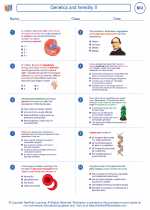
 Worksheet/Answer key
Worksheet/Answer key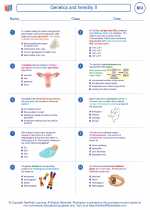
 Worksheet/Answer key
Worksheet/Answer key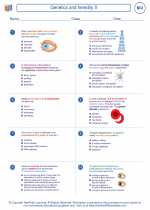
 Vocabulary/Answer key
Vocabulary/Answer key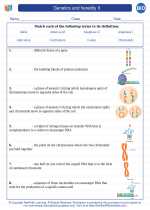
 Vocabulary/Answer key
Vocabulary/Answer key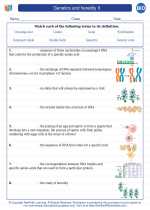
 Vocabulary/Answer key
Vocabulary/Answer key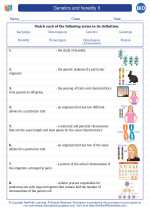
 Vocabulary/Answer key
Vocabulary/Answer key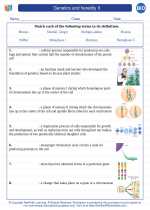
 Vocabulary/Answer key
Vocabulary/Answer key
 Vocabulary/Answer key
Vocabulary/Answer key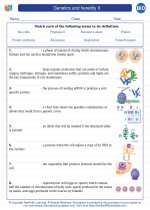
 Vocabulary/Answer key
Vocabulary/Answer key